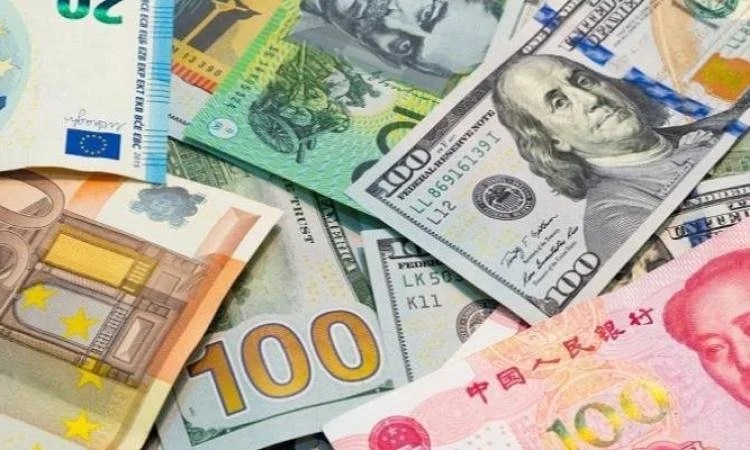Economic
Sudanese Pound: Temporary Recovery or Sustainable Resilience

Report by Rehab Abdullah
For two consecutive days, the exchange rates of foreign currencies have declined against the Sudanese pound after a significant surge that began following the outbreak of war in Khartoum in mid-April of last year.
Prices in Numbers
Currency traders reported that the buying price of the US dollar in Thursday’s morning trades significantly dropped, with the dollar being bought at 2,340 SDG and sold at 2,500 SDG. The Saudi riyal’s buying price dropped to 600 SDG, while the Egyptian pound fell to between 49 and 51 SDG. The Emirati dirham declined to 640 SDG, the Omani riyal to 6,000 SDG, and the Qatari riyal to 650 SDG.
Currency traders attributed this decline to rumors of a fall in the dollar’s value for certain categories, prompting some to buy large amounts at the reduced price.
Banking expert Waleed Daleel noted that fluctuations in the Sudanese pound’s value are often influenced by rumors from various sources, sometimes even from officials, in the short term. He added that the fluctuations might last for about a week before stabilizing again. Daleel emphasized to Al-Ahdath that without sufficient foreign currency reserves in the state, there can be no stability in exchange rates. He attributed the recent exchange rate drop to the impact of the US lifting restrictions on the Sudanese economy.
The Reality Behind the Drop
Banking experts argue that the decline is not genuine since there have been no real economic changes that would support the pound’s recovery. Some experts believe that the fall is linked to rumors of a currency drop over the past two days, particularly in regions controlled by the army. This led currency traders to exploit the rumors by buying foreign currencies at various rates.
Dr. Abdel Azim Al-Mahal, the Dean of the College of Economics at Sudan University, stated that exchange rates have been stable at their highest levels for nearly two months. Meanwhile, sources mentioned that the recent market stability is due to a significant decline in financial speculation, as well as the arrival of humanitarian aid and reduced imports. Al-Mahal indicated that the instability in the exchange rate is a result of the ongoing war in Sudan, which has disrupted the balance of payments and deteriorated the value of the Sudanese pound.
The Sudanese Pound Crisis
The Sudanese currency is facing a sharp decline in value against global currencies, reflecting the compounded economic challenges in the country. Experts attribute this to the war, political unrest, a decline in remittances from expatriates, and a drop in exports, particularly gold and gum arabic, which has led to a decrease in foreign currency reserves. Despite the Central Bank of Sudan governor Burai Al-Siddiq recently stating to Al Jazeera that the central bank holds good reserves of foreign currency, he pointed out that the prolonged war makes it difficult to predict macroeconomic performance, including exchange rates and inflation, hindering monetary policy goals. He noted that the country has not received external support, with exports nearly halted, and demand for foreign currency has increased in the parallel market due to the need to import petroleum products after the oil pipeline was shut down. Additionally, local production has dropped due to the war.
The governor stated that the decline of the Sudanese pound is a cumulative issue, worsened by increased liquidity due to reduced revenues from the Ministry of Finance, such as taxes and customs duties, coupled with the frenetic activity of the parallel market traders.
Former head of the Bankers Union Abbas Abdullah attributed the main cause of the exchange rate deterioration to the war, which has led to a significant drop in exports, particularly gold, which is no longer being exported at the usual pace.
Solutions
Experts suggest that the stability and recovery of the national currency are contingent on the end of the war, political stability, the resolution of armed conflicts, and urgent measures to alleviate the country’s economic crises.



